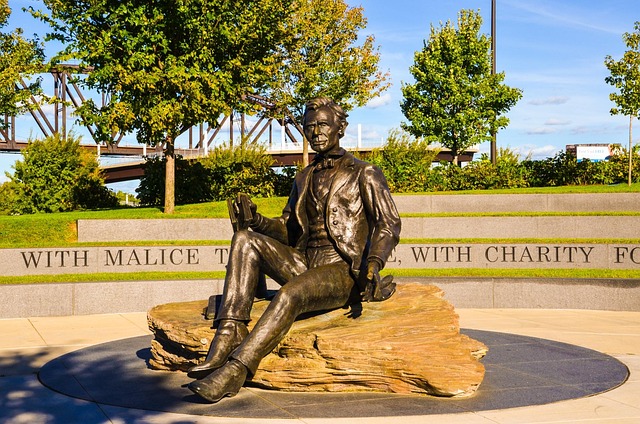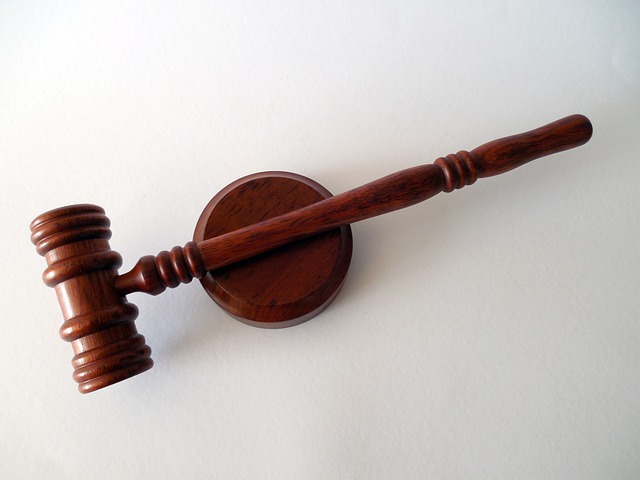In Louisville, Oregon, school staff have a legal duty to report all suspected or witnessed instances of physical, emotional, sexual, or neglectful abuse. When schools fail in their responsibility, school abuse attorneys in Louisville, OR help victims and families navigate complex legalities, prove breaches of duty related to child safety, and hold institutions accountable through strategic litigation or alternative dispute resolution. These specialists guide clients through evidence gathering and time-sensitive legal requirements, ensuring justice for abused students.
In Louisville, Oregon, the failure to report and address child abuse within schools has become a pressing issue, prompting families to seek legal recourse. This article delves into the complex landscape of school abuse and reporting obligations, guiding parents through understanding their rights. We explore when it’s appropriate to take legal action, highlighting crucial criteria for lawsuits against schools in Louisville, OR. Additionally, we introduce the vital role that school abuse attorneys play in advocating for victims and ensuring justice.
Understanding School Abuse and Reporting Obligations in Louisville, OR

In Louisville, Oregon, understanding and addressing school abuse is a critical aspect of maintaining a safe learning environment. School administrators and staff members have a legal obligation to report suspected or witnessed instances of abuse, ensuring the well-being of students under their care. This includes physical, emotional, and sexual abuse, as well as neglect, and failure to comply with these reporting requirements can have severe consequences.
The role of school abuse attorneys in Louisville OR is pivotal in navigating these complex legal matters. They guide victims and their families through the process, ensuring their rights are protected. These attorneys specialize in advocating for those who may have been subjected to abuse within educational institutions, helping them seek justice and hold accountable those responsible for the failure to report or prevent such incidents.
When to Seek Legal Action: Criteria for Lawsuits Against Schools

If your child has experienced abuse while attending a school in Louisville, Oregon, and the institution failed to report or address the issue appropriately, it may be time to consider legal action. There are several factors that determine whether a lawsuit against the school is warranted. Firstly, assess if there was a breach of duty by the school towards your child’s safety. This could involve a failure to properly screen, train, or supervise staff members who subsequently engaged in abusive behavior.
School abuse attorneys in Louisville OR can help you understand the legal criteria for such cases, which often require evidence of negligence and resulting harm. It’s crucial to gather documentation, witness statements, and any relevant school policies or records that may support your case. Promptly seeking legal counsel is essential as there are usually time limits for filing lawsuits, and waiting could compromise your ability to pursue justice for your child’s suffering.
The Role of School Abuse Attorneys in Louisville, Oregon

In Louisville, Oregon, victims of educational institution abuse often turn to skilled school abuse attorneys for legal counsel and representation. These specialized attorneys play a pivotal role in advocating for students who have experienced any form of mistreatment within their schools. They possess extensive knowledge of local laws and regulations pertaining to child safety and institutional accountability, enabling them to guide clients through complex legal processes.
The primary responsibility of school abuse attorneys in Louisville, OR, is to ensure that the rights of abused students are protected. This involves thoroughly investigating claims, gathering evidence, and communicating with relevant authorities while maintaining a supportive and confidential environment for victims. Through strategic litigation or alternative dispute resolution, these attorneys strive to hold educational institutions accountable, promote systemic change, and secure justice for their clients.






